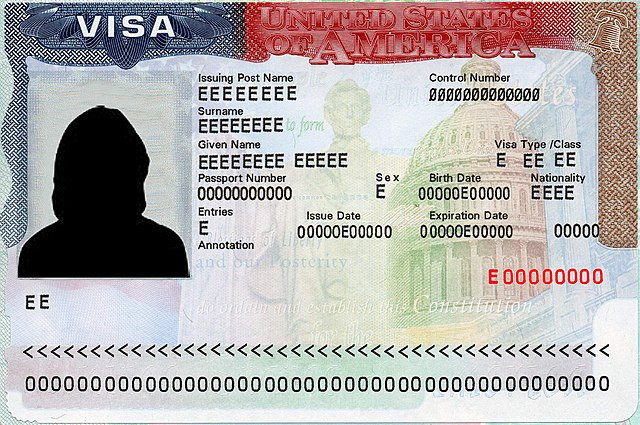The U.S. Department of Homeland Security (DHS) has unveiled a series of proposed modifications to the H-1B visa program, aiming to streamline the process, bolster its integrity, and offer greater flexibility to both employers and foreign workers. These changes, if implemented, could reshape the landscape of the H-1B visa program, which has been a cornerstone for attracting global talent to the U.S.
1. Modernizing the Definition of "Specialty Occupation"
The DHS is looking to revise the definition of a "specialty occupation." Currently, this definition requires the attainment of a bachelor's degree or higher in a specific specialty. The proposed changes aim to broaden this definition, allowing for more than one acceptable degree field for a specialty occupation, provided there's a direct relationship between the required degree field(s) and the duties of the position. However, positions that only require a general degree, such as in business administration or liberal arts, without further specialization, would still be excluded.
2. Empowering Entrepreneurs
In a move that could benefit many aspiring entrepreneurs, the proposed rule would permit H-1B beneficiaries who own a significant stake in the petitioning company to be eligible for H-1B status. This change would allow noncitizen entrepreneurs to have a more substantial impact on the U.S. economy. However, the validity of an initial H-1B petition for such beneficiary-owned entities would be limited to 18 months, as opposed to the standard three years.
3. Addressing Changes in Worksite
The proposed rule seeks to provide clarity on when an amended H-1B petition is required due to a change in the worker's place of employment. For instance, a change within the Metropolitan Statistical Area (MSA) wouldn't necessitate an amended petition, but a change outside of the MSA would.
4. Enhancing the Integrity of the H-1B Registration Process
To combat the issue of multiple H-1B cap lottery registrations for the same individual, the DHS proposes a "beneficiary-centric" selection process. This means that each beneficiary would be entered into the selection process once, regardless of the number of registrations filed on their behalf. Additionally, "related" employers, such as parent companies or affiliates, would be prevented from filing multiple registrations for the same individual unless they can demonstrate a legitimate business need.
5. Expanding H-1B Quota Exemptions
The proposed changes would expand the definition of employers and H-1B workers exempt from the H-1B quota. For instance, the rule would allow a nonprofit entity or governmental research organization to be exempt from the H-1B quota if research is a "fundamental activity" of the organization, even if it's not the primary purpose.
6. Strengthening Site Visit Authority
The DHS aims to codify its authority to conduct H-1B site visits under its Fraud Detection and National Security (FDNS) program. This would encompass on-site visits, interviews, and record reviews to verify facts related to the adjudication of the petition.
7. Ensuring Consistency in Adjudications
Lastly, the proposed rule would codify the USCIS "deference" policy, ensuring that if there's no material change in the underlying facts of a visa petition, the agency should generally defer to a prior determination involving the same parties and facts.
These proposed changes signify a significant step towards refining the U.S. immigration system, making it more accessible for highly skilled professionals globally. However, the final outcome remains to be seen, as the proposed rule is still open for public comments and the final rule is expected to be published in late December or early January.




